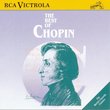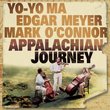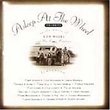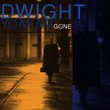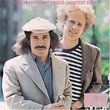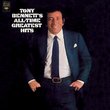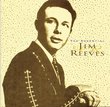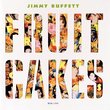| All Artists: Alice Gerrard Title: Calling Me Home Members Wishing: 2 Total Copies: 0 Label: Copper Creek Release Date: 7/6/2002 Genres: Country, Folk, International Music, Pop, Classical Styles: Bluegrass, Classic Country, Traditional Folk, Contemporary Folk, North America, Appalachian, Instruments, Strings Number of Discs: 1 SwapaCD Credits: 1 UPC: 722321022522 |
Search - Alice Gerrard :: Calling Me Home
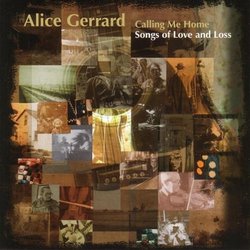 | Alice Gerrard Calling Me Home Genres: Country, Folk, International Music, Pop, Classical
|
Larger Image |
CD DetailsSimilar CDsSimilarly Requested CDs
|
CD ReviewsAlice's plaintive presentation is free of frills J. Ross | Roseburg, OR USA | 10/12/2004 (5 out of 5 stars) "Playing Time - 51:19 -- Alice Gerrard has assembled a supporting cast of nearly 20 old-time and bluegrass musicians to assist her with first solo album in almost a decade. Brad Leftwich and Alice open the project with a duet, "Calling Me Home." Jody Stecher, Tom Sauber, Kate Brislin, Steven Strauss, and Eric and Suzy Thompson are in on the second track, "Farewell My Home." I believe that liner notes are in error, and Tom Sauber should've been credited with playing banjo on a traditional song he arranged, "Girl of Constant Sorrow."
Alice Gerrard's parents were classically-trained musicians, and she studied piano while growing up. Her first exposure to folk music was at Antioch College in Ohio. In Washington, D.C. Gerrard hung out at the Famous Restaurant and met many musicians like Mike Seeger who introduced her to West Virginian Hazel Dickens who also shared her love for traditional American music. Their influential recording together began with their debut project called "Who's That Knocking" (1965) and recorded for $75 at the First Unitarian Church in Washington (with David Grisman, Lamar Grier, Chubby Wise and Billy Baker). Their second album, "Won't You Come and Sing?" was also recorded in 1965 but wasn't released until 1973. "Get Acquainted Waltz" was released in 1975 and featured accompaniment by Mike Seeger and Tracy Schwartz. Gerrard subsequently recorded two albums with Seeger - "Mike and Alice Seeger in Concert" (1970) and "Mike Seeger and Alice Gerrard" (1980). Her solo debut "Pieces of My Heart" came out in 1994. Since 1987, Gerrard has published The Old Time Herald, a quarterly magazine devoted to the preservation of old-timey music. On "Calling Me Home: Songs of Love and Loss," Alice draws material from Jean Ritchie, The Louvin Brothers, Bill Monroe, Tony Ellis and Emily Kaitz. Nearly half of the album is her own original material, and she has a knack for writing and reflecting about sad and lonely times. Her affinity for the mournful and melancholy is just a reaffirmation of her great love for the traditional music canon which is large...and lonesome. Her plaintive presentation is free of frills, and that is the passionate beauty of our folk tradition and Alice Gerrard's music. (Joe Ross, staff writer, Bluegrass Now) " |

 Track Listings (15) - Disc #1
Track Listings (15) - Disc #1